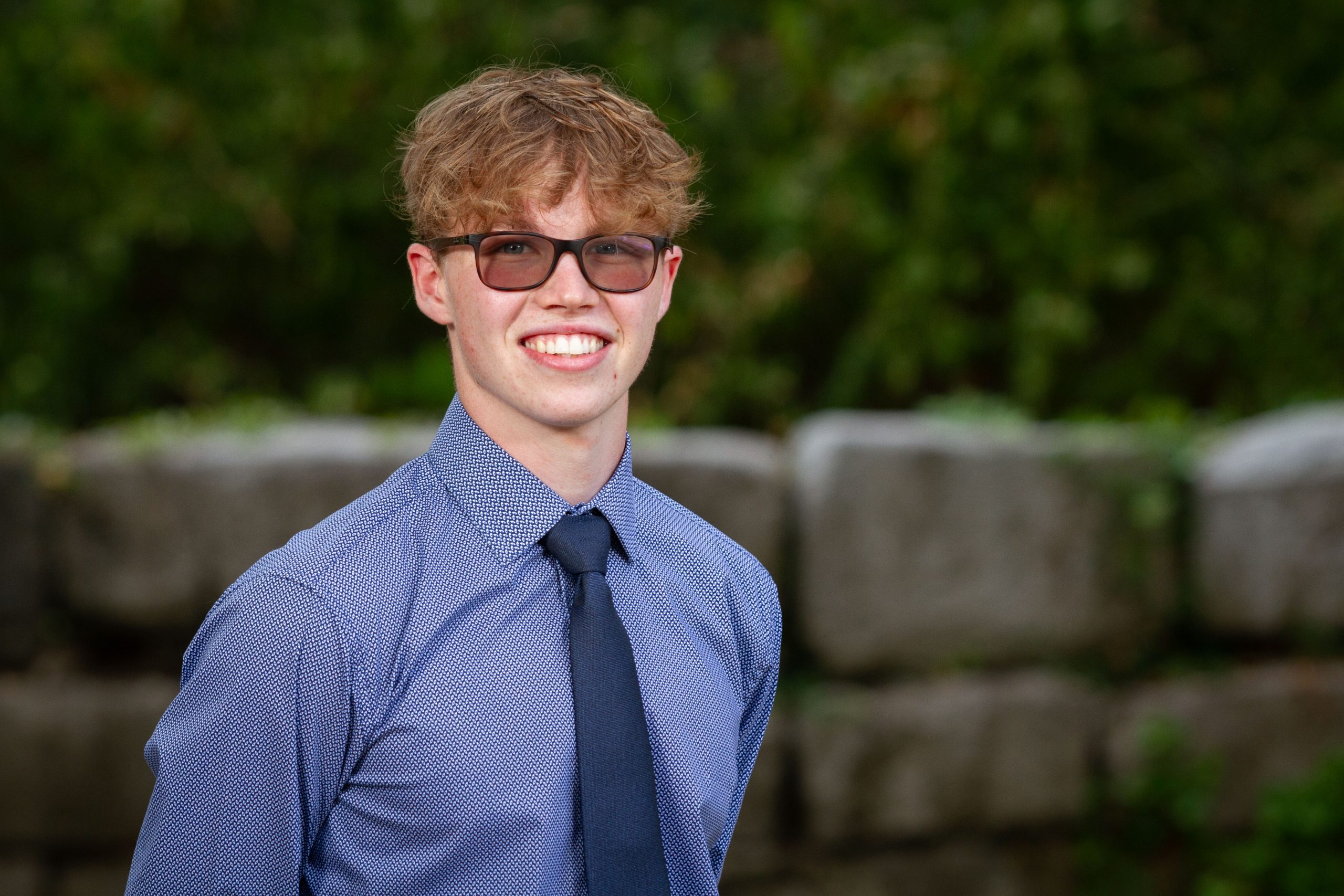CPS
November 17, 2020 | 2020-2021, Ashwin Menon, Avatars | No Comments

Gatton is known for its many traditions, from ping-pong tournaments to waffle-house runs. Alumni and current students alike can bond over the traditions they all experienced as Gattons. One tradition, if you can call it that, will stand out vividly in every alumni’s mind. That tradition is CPS.
Computational Problem Solving is a required course taken by all Gatton students in their second semester. Mentioning the acronym to any Gatton student will elicit a reply ranging from pure adoration to veritable aversion; however, all will say it transformed them.
So, what is CPS and why the impassioned responses? Computational Problem Solving is a semester-long course developed cooperatively by the Gatton Academy and Western Kentucky University specifically for Gatton students. The course was designed to train students in skills necessary in the 21st century workplace, sometimes it does exceptionally well. Students are guided by professors in utilizing the programming language Mathematica to address computational problems. Throughout the first half of the semester, students are faced with a variety of challenging assignments, ranging from simulating 2-Dimensional Universes to implementing a version of Sudoku. In the second half of the semester, pairs of students engage in a computational project of their own choosing. The scope and style of these projects vary from eclipse predictors to stock market simulators to pathfinding algorithms.
CPS is not an easy class; a 300-level course, it requires constant dedication and hard work. Some students may find they have never encountered a class this intensive while others will be tested by the programming aspect of the course. This atmosphere brings some to admire CPS while others to dread it. Despite this, the consensus is that CPS is a formative experience, teaching valuable skills.
Computational Problem Solving teaches Gatton students immeasurably more than how to code in Mathematica; it teaches them skills that will benefit them throughout life. CPS, first and foremost, teaches problem solving skills and algorithmic thinking. These skills are applicable to any field one pursues. Additionally, CPS strengthens students’ mathematical reasoning skills, which come in handy in the pursuit of a STEM Degree. Looking past the superficial, this class transforms students in ways not always obvious. The partner work refines students’ teamwork skills. The shy student becomes more assertive while the brash student learns to work with others. Communications skills are also strengthened. Classmates learn to express their ideas, engage in discourse, and collaborate. Another major lesson learned from CPS is time management. Not only must students attend to CPS, but they must balance a full workload from other classes. If a student lacked time management before CPS, they will have mastered it after CPS. Furthermore, students learn to persevere though adversity and setbacks, a common occurrence in programming. Finally, students will come to understand that they must seek assistance at some point, no matter their ability levels.
CPS is a challenging and arduous course; however, with dedication, hard work, and a positive outlook, one can be successful in the class.
-Ashwin Menon


